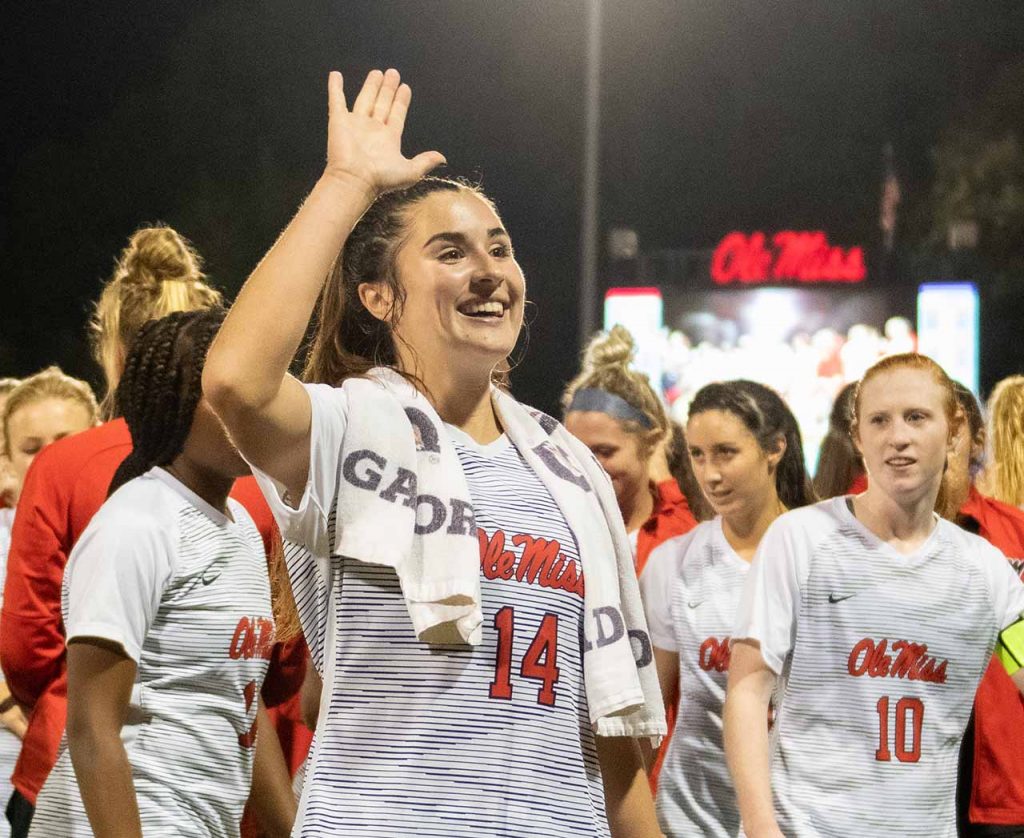Elisha Krauss, a right-wing journalist and contributor to the Daily Wire, will speak on campus on Wednesday in an event sponsored by the Ole Miss chapter of the conservative student organization Young Americans for Freedom. After Overby Center administrators cancelled the event at that venue, students and national conservative organizations have labeled Ole Miss as another antagonist to free speech. The university has since found a new venue for the event, and the neo-Nazi website, Daily Stormer, has since posted this event on their website, encouraging its followers to attend. However, the sentiment that Ole Miss is anti-free speech remains. This is far from the truth.
I do not agree with the messages presented by Krauss and especially not with the messages of the organizations she represents, but with security set in place to ensure that the community is protected from the hate groups planning to attend the event, she should be allowed to speak. Although giving people with extreme rhetoric a space to share their ideas may seem to validate their message, silencing them fuels their need to be louder.
Considering our campus exists in such a diverse environment, inclusivity must be at the forefront of our university’s values. Our differences also give us the opportunity to engage in productive conversation.
When folks lump Ole Miss into the same category as leading liberal-leaning institutions, it erases much of our reality. We had actual neo-Confederates and a chapter of the Ku Klux Klan protest on campus to support Confederate iconography within the last five years. Let’s acknowledge that the worst of hate speech is heard on our campus, and that our university has a record of allowing that speech to take place.
Krauss tweeted shortly after the announcement of the cancellation of the event in the Overby Center, saying, “Funny that my speech was gonna be about the importance of free speech… even for those we don’t agree with.”
Even if I do not agree with her on many issues, I agree with her right to speak. When we listen to those whose values we might abhor and allow them to speak, we are not humoring their behavior. Instead, it is an opportunity to understand how people’s experiences have given them a worldview different than our own and to find space for common ground.
When I worked as one of the authors of the Associated Student Body legislation to relocate the Confederate statue, I received a lot of critical — and sometimes cruel — feedback about the work I was doing. I know that my position was privileged, but in my situation, I was able to channel the dissent I faced and use it to open conversations with those who disagreed with or taunted me.
In a Gallup poll of American college students, about half of college students think freedom of speech and inclusivity are very important. However, when asked to choose which ideal is more important, inclusivity won 53% to 46%. There is a fine balance between making sure that people have the freedom to express whatever they desire and ensuring that students’ educations are not negatively affected by that rhetoric.
Thanks to the diversity of thought on our campus, students are able to open dialogues that can be had in few cities other than Oxford.














